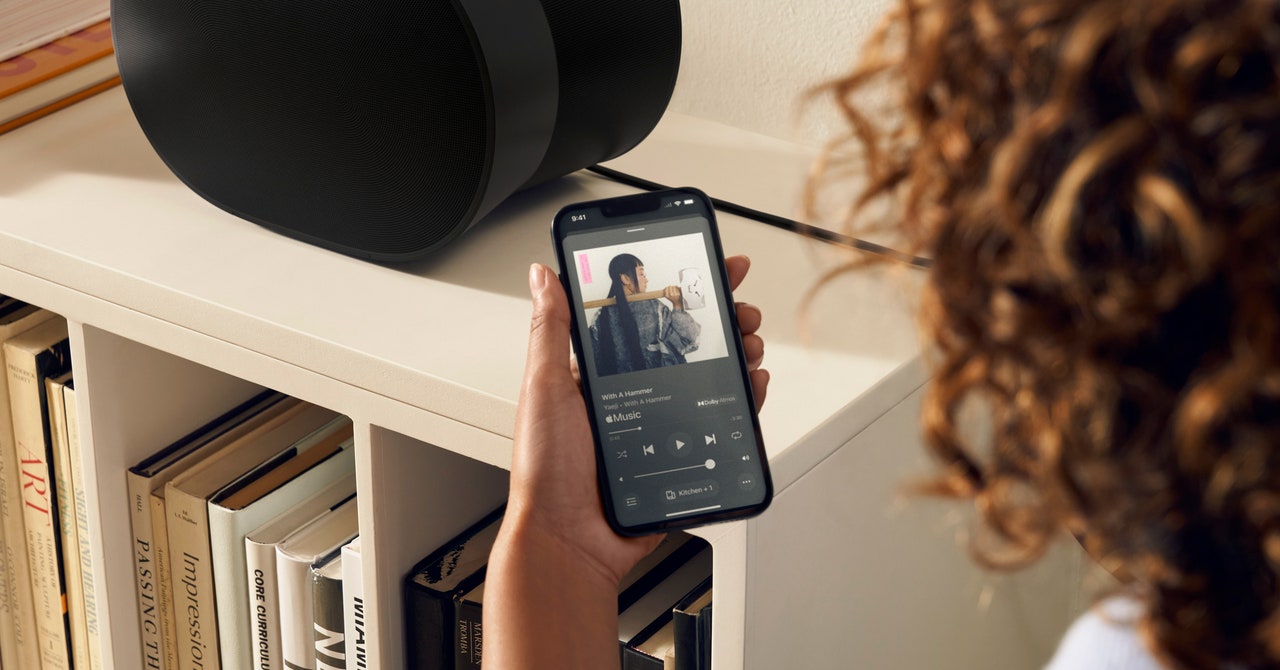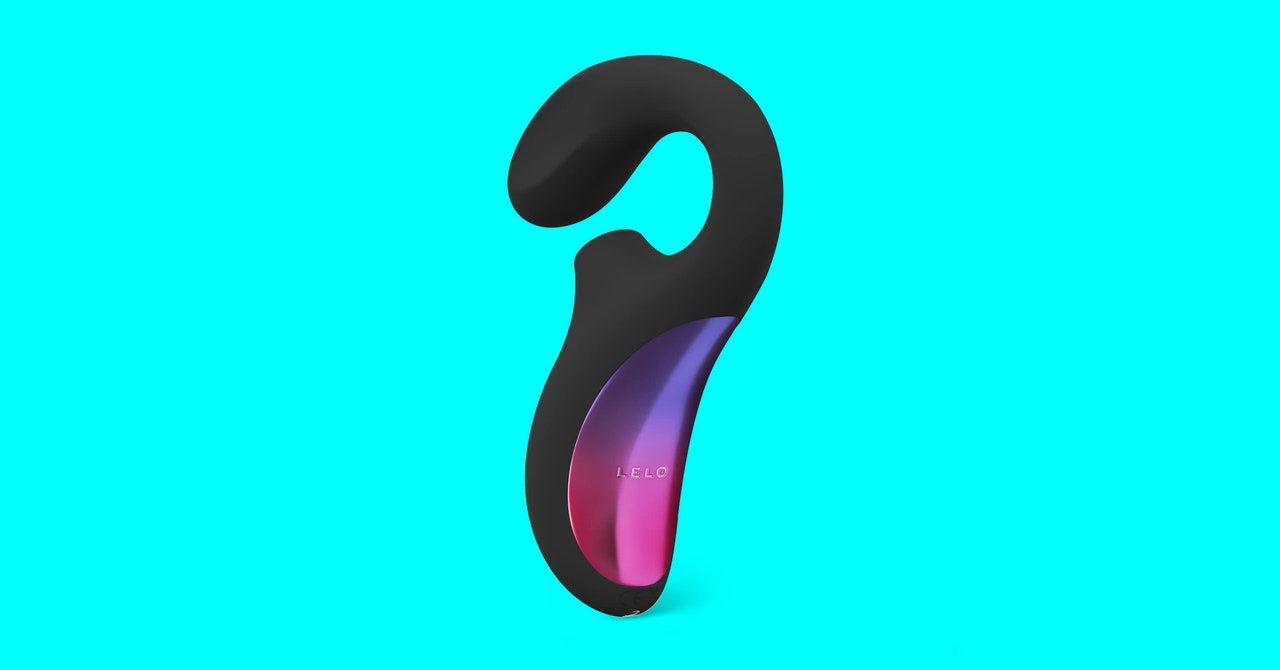
Issues arenât going so properly for AI {hardware} startups.
After years of improvement, startup Humane launched a $700 wearable in early April that leans closely on artificial intelligence. The unique pitch for the Ai Pin was that you simply not must juggle totally different apps; its working system can âseek for the precise AI on the proper second,â permitting it to play music, translate languages, and even inform you how a lot protein is in a palmful of almonds. And since it doesnât have a conventional show, the Ai pin was speculated to be a tiny tincture for the illness of screentime; smartphones had been on their method out.
The pin has been panned. WIREDâs Julian Chokkattu scored the Ai Pin a 4 out of 10. Fashionable YouTuber Marques Brownlee complimented the deviceâs {hardware} design however nonetheless referred to as it âThe Worst Product Iâve Ever Reviewed ⦠For Now.â The corporate has since massaged the message that itâs meant to switch your cellphone. Humane co-founder and chief government Bethany Bongiorno has been fastidiously responding to displeased customersâand a few fanboysâon Twitter, with apologies, assurances that enhancements are coming, and video demos of the gadgetâs UI, which replaces the smartphone in your palm by projecting lasers onto your palm.
Humane seems to have misplaced the thread by itself product launch, and itâs not alone. The cheaper Rabbit R1, which was offered for $200 as a generative AI âpocket companionâ and generated a number of preliminary pleasure, has now been labeled âunderwhelming,â âhalf-baked,â âundercookedâ and âunreliable.â WIREDâs Chokkattu gave it a 3 out of 10, whereas some folks have questioned the best way the gadget handles logins for out of doors apps equivalent to Uber.
These early {hardware} #fails arenât unprecedented. Loads of startups have overpromised in advertising after which constructed and shipped lackluster merchandise. Competing in {hardware} is particularly tough within the age of Tech Giants, whose ecosystems rule over all. Developer Ben Sandofsky surmised that the Humane cofoundersâ adherence to the âApple Means,â or toiling in a secretive vacuum, is partly accountable. They spent years sharpening that singular product the best way a large tech firm would, he wrote in a blog post, however with $230 million in enterprise capital funding as a substitute of billions in money shops.
However each Humane and Rabbit seem to have made one other error in judgment: Each had been banking on AI pleasure within the ChatGPT period to seize early clients and maintain themselves out of the gadget graveyard. As an alternative, they rode the AI hype practice straight right into a non-working brick wall. It seems generative AI doesnât make {hardware} any much less laborious.
Costly Flops
âTo actually create an awesome new AI gadget you must have each {hardware} and software program discovered, and the query with a few of these startups is how a lot of that software program layer is only a pores and skin,â says MG Siegler, a associate at GV, Alphabetâs enterprise capital agency.
Sielger says that tech incumbents now have a fair greater benefit, as a result of they’ll construct utilizing their very own infrastructure and afford to lose cash whereas theyâre iterating on new variations of merchandise. Whereas startups are trying to launch their scrappy AI merchandise out of nothing, Meta, Google, Microsoft, and Apple can faucet current groups and companies to place AI assistants into infinitely wearable sun shades, churn out telephones with built-in generative AI search, create designated keys for AI on their laptops, and pack their tablets with âoutrageously powerfulâ AI chips.
âLarger tech corporations are in a position to have 5 pictures on a {hardware} product whereas a startup might solely have one,â says Jacob Andreou, an investor at Greylock who spent a number of years rising merchandise at Snap. âThe chances of one in all these smaller corporations elevating a future fundraising spherical after releasing an costly flop will not be good odds.â






